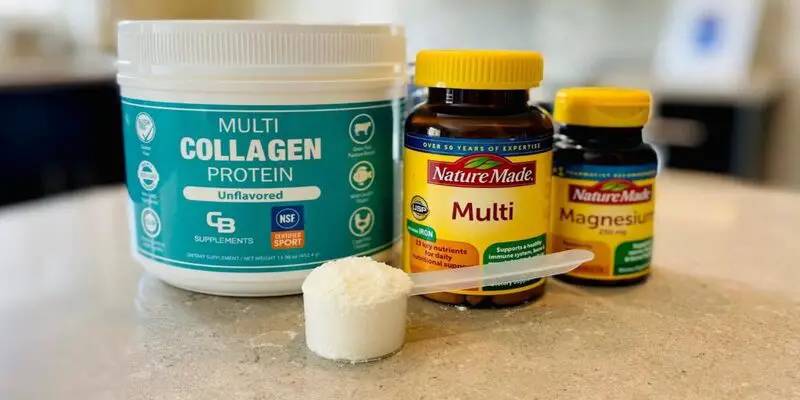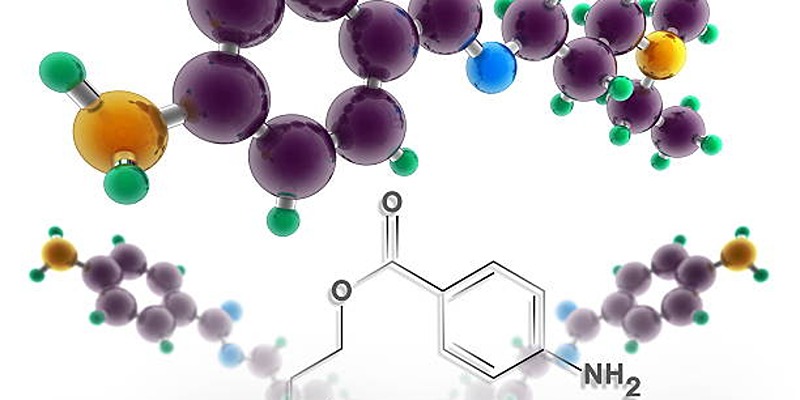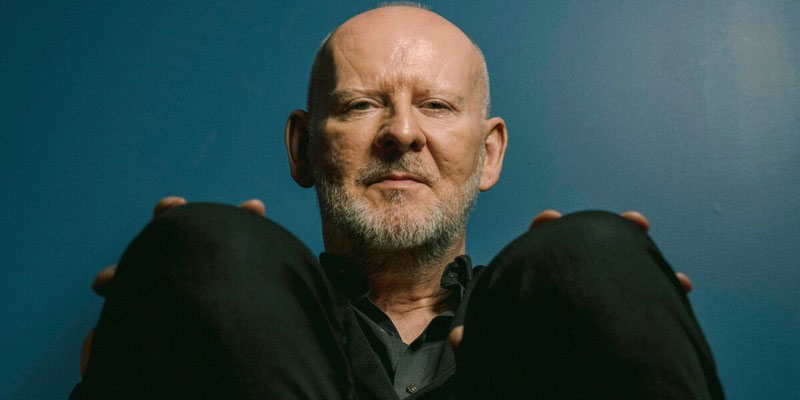Everybody has a terrible hair day once in a while. When your hair isn't looking its best, you may cover it up with a hat or pull it back into a bun or ponytail. The low condition known as uncombable hair syndrome can make this a daily reality for confident kids.
This disease is short-lived for the vast majority of people and causes no additional issues. However, it may still be a trying time for kids and their parents. If you're taking care of a kid diagnosed with this rare ailment, you'll want to read on to learn more about its causes and possible effects on the child's development.
What Causes Uncombable Hair?
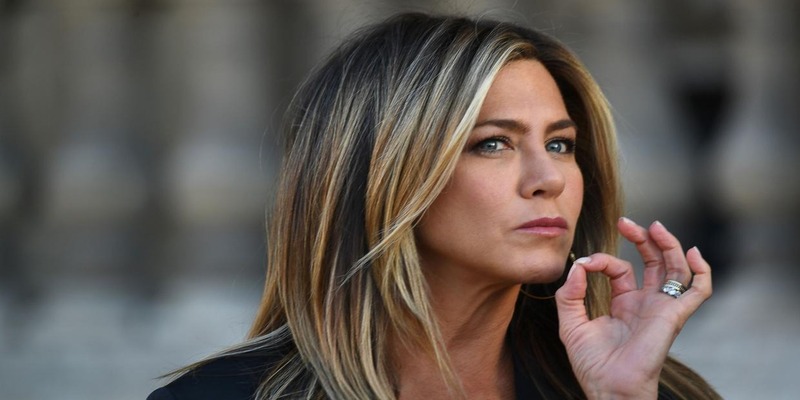
Although the term "uncombable hair syndrome" has a comedic ring, this medical illness is no laughing matter for those suffering from it. According to studies conducted in 2016, unkempt hair is caused by genetic abnormalities and manifests as unruly hair that resists being brushed or combed flat.
Those who suffer from UHS have blond or silver hair that is clearly wiry or frizzy, dry and stands away from the scalp. This is because the hair follicles produce hair shafts that are structurally unique and lack melanin.
In some cases, UHS is evident from birth, while in others, symptoms may not become apparent until the kid is three months to 3 years old. Prevalence peaks between 2 and 11, when children are most easily diagnosed.
Why Does One Experience The Condition of Unmanageable Hair?
Most UHS occurrences, as noted before, are due to genetic alterations. The Genetic and Rare Diseases Information Center suggests that autosomal recessive gene mutations are responsible for the development of the disorder in most cases.
This signifies that the genetic mutation is inherited from both parents. Both parents are deemed carriers in this case, but they may not really suffer from the illness.
For most people, UHS does not cause any additional health problems or occur in conjunction with other health problems. However, this hair condition is a sign of more significant health issues for a few people with UHS.
UHS is connected with a variety of medical issues, including:
- ectodermal dysplasia
- Bork syndrome
Researchers at the Global Ancestry Research Database (GARD) have zeroed down on three genes, TCHH, intimately linked to proteins essential for hair shaft production.
How Uncombable Hair Relates To Other Hair Types
UHS hair does not react to conventional hairstyle methods in the same way that textured hair does. Because of this, you won't have much luck taming it with standard hair care techniques, including relaxing, perming, or putting a keratin treatment through its paces.
How Frequent Is Uncombable Hair Syndrome?
It's believed that UHS is a low condition. Roughly one hundred instances have been reported in academic publications or research. More cases of UHS may exist. However, this has not been proven as of yet.
How Treatable Is The Condition of Unruly Hair?
UHS has no recognized medical remedy. The hair may be unruly, but rest assured, it is growing and healthy. It's not frail or damaged, either. The rate of hair growth is significantly reduced in UHS. There is anecdotal evidence that biotin supplements can make hair healthier and easier to manage.
However, further research is needed to back up this claim. Hair experts advise extra care while managing hair and avoiding rough brushing or combing. Similarly, using low temperatures when styling your hair is suggested. To recap, you should stay away from any chemical treatments that are too harsh, including perms, relaxers, etc.
Do Children Outgrow Uncombable Hair Syndrome?
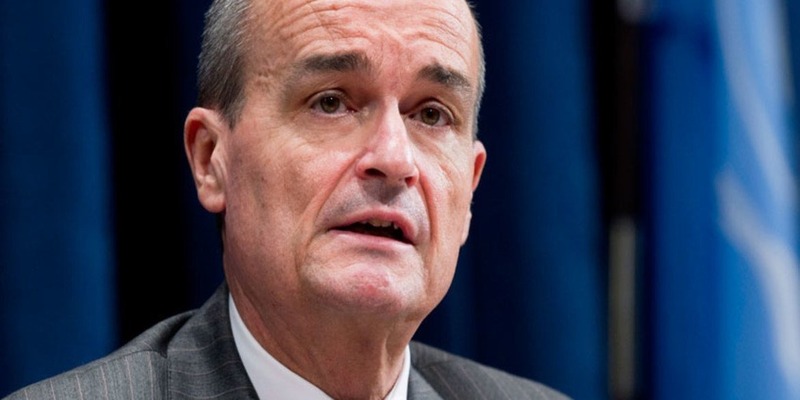
Most cases of UHS in children resolve spontaneously without treatment. When most people reach adolescence, their hair begins to undergo a transformation that makes it easier to maintain. In many cases, the hair ultimately reverts to a new texture, making the characteristic roughness of UHS invisible.
The Conclusion
If a child has UHS, it's usually a benign disease, but it may be a pain to deal with because of its challenges in maintaining and styling their hair. Rarely, though, UHS manifests itself in conjunction with other, more severe disorders.
Most children with UHS will grow out of it by reaching adulthood. Therefore it's best to take it easy on their hair if it has UHS. Biotin supplements may help make UHS more manageable while waiting for puberty and time to diminish its symptoms. Thus they may be helpful for caretakers to keep on hand.
